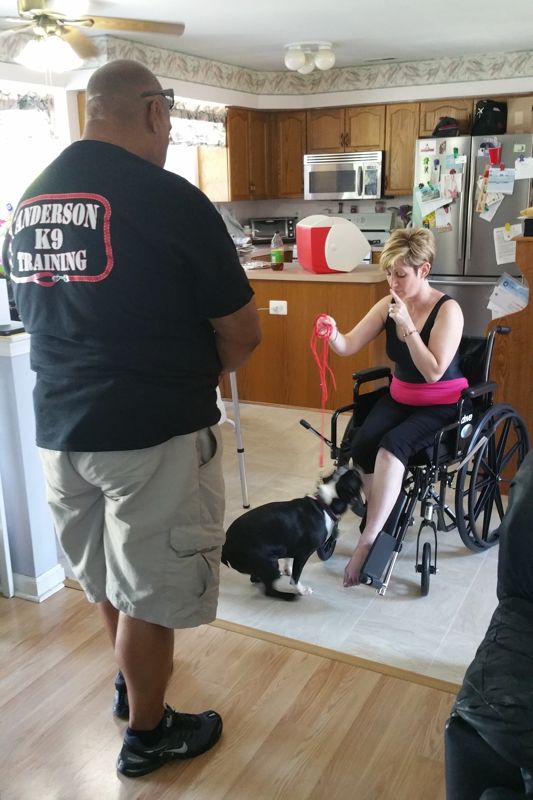The 6-Minute Rule for Dog Obedience Training 101 - BarkYard

Getting The Becoming a dog trainer - Animal Humane Society To Work
As soon as your pet has mastered all the essentials, you can think about proceeding to advanced techniques. These activities will help keep your canine active, in shape and psychologically stimulated. Plus, they will assist enhance the bond you show your canine companion. Remember that training is an ongoing process. You will never ever be totally ended up. It is essential to keep working on obedience training throughout the life of your dog. Another Point of View who find out a language at a young age however stop speaking that language might forget much of it as they age. The exact same goes for your pet: use it or lose it.


Thriving Dog Trainers: An indispensable tool to help you start or repair your dog training business (Business books for dog trainers): Efthymiadis, Ted: 9781717095695: Amazon.com: Books
Plus, it's a great method to hang around with your canine. Terralyx/ Twenty20.

Aggressive Dog & Professional Dog Training in NJ, NY & PA
Most individuals enjoy their furry buddies. Nevertheless, not every moment is pleasurable when your dog isn't trained to act in particular methods or prevent undesirable behaviors. There are lots of strategies handed down from unidentified sources that tell you the very best ways to get your pet not to do something. But what is the very best technique, and how do you use these techniques? Find out the most typical methods for how to train your canine, along with what strategies not to use.

Barkside dog training — Barkside Behavior & Training
DON'T Hire a Dog Trainer to Train Your Dog Unless You Read - An Overview
There are 2 common methods of training a dog. The first is the aversive-based method. The 2nd is the reward-based technique. Aversive-based (discipline) training is when you utilize favorable penalty and unfavorable support techniques with your canine. Reward-based approaches use rewards just for the behaviors that you desire your dog to follow. Aversive-based training utilizes techniques like loud, undesirable noises, physical corrections, and extreme scoldings to get your canine to act the method you want. On the other hand, reward-based training uses rewards whenever your canine does something you desire it to do. Treats, tummy rubs, or other dog-pleasing actions are utilized to reinforce that a behavior was great.
